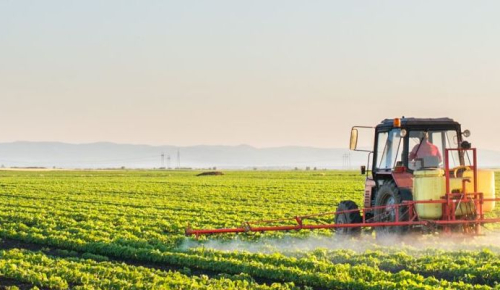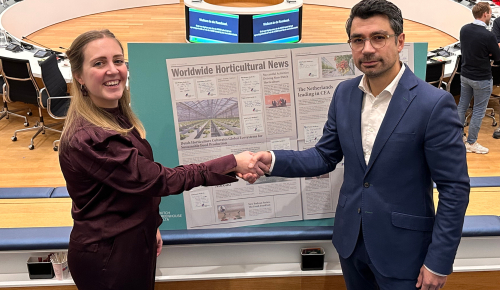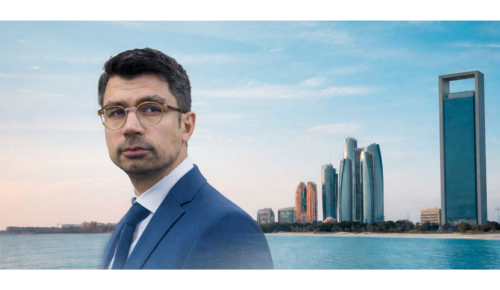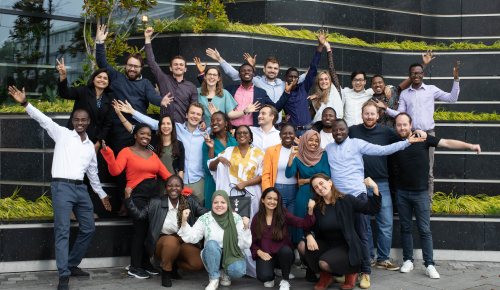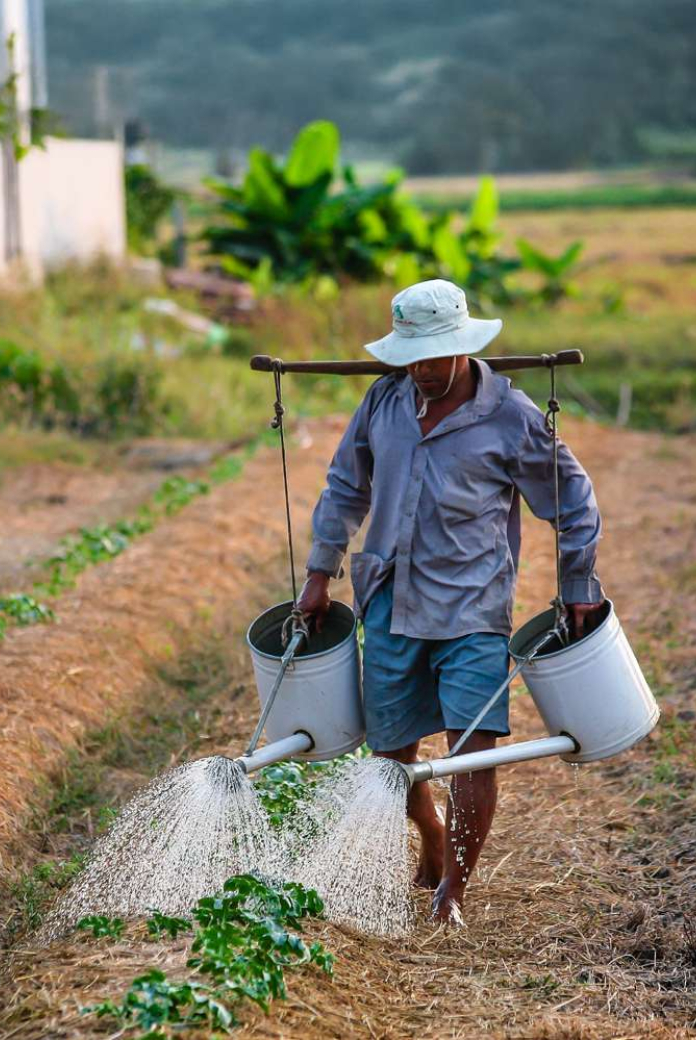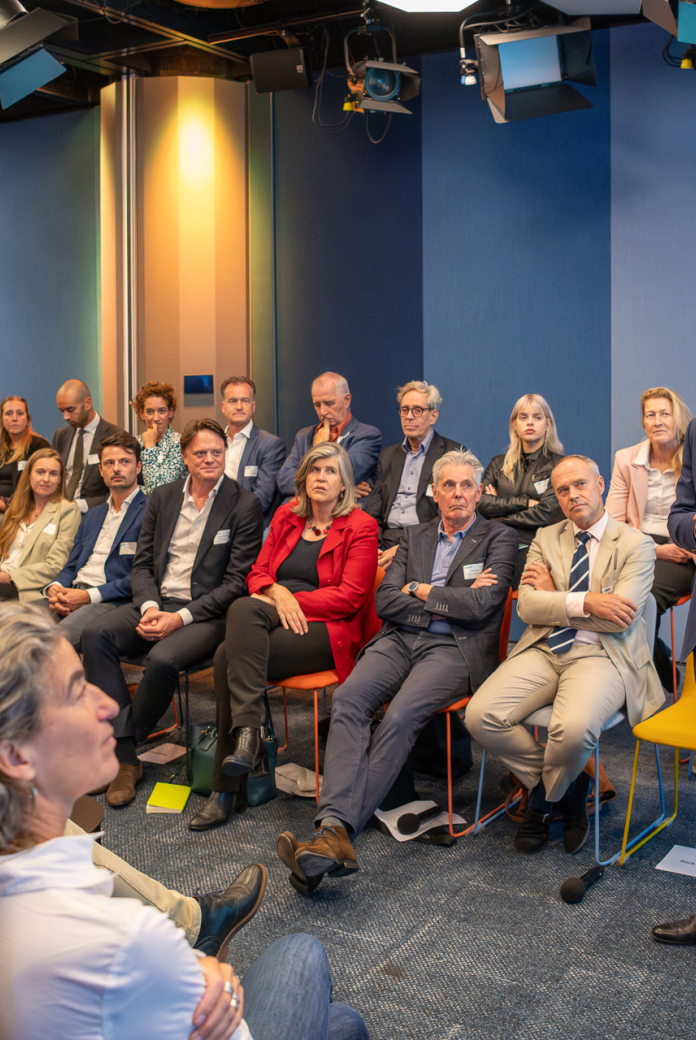News
14 December 2022NWP supports sustainable water & food solutions for saline Mekong Delta
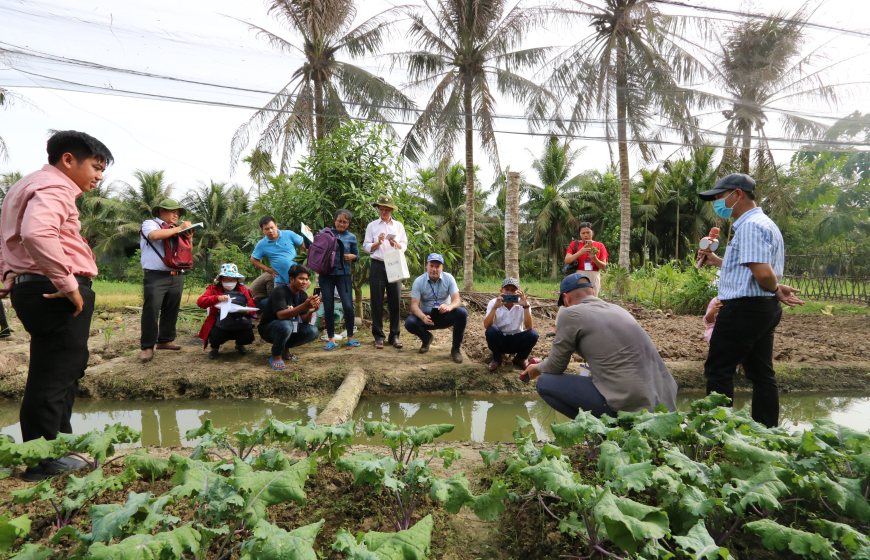

The challenges of food production in Vietnam have accelerated in recent years. This is especially so in coastal agricultural areas, given that Vietnam has a coastline of 3,260 km compared to the Netherlands’ 451 km. These areas are not only prone to flooding, but sea level rise is making the available water, and groundwater in particular, more and more saline. If drought is added to these already challenging circumstances, is saline agriculture coupled with good water management the answer to ensuring food security?
Funded by the Asian Development Bank, NWP developed three unique training courses on saline agriculture in close collaboration with Dutch and Vietnamese partners. Based on local needs, participatory research, and on-site training, the courses covered an array of information and possibilities. The training pilot not only focused on adapting agriculture and horticulture to the irreversible saline conditions in the vulnerable Mekong Delta, but covered other areas too. This included thinking about reducing the monoculture of rice, creating freshwater resources, building on nature-based principles, and looking at alternative ways of food production.
The goal of this integrated approach that covers interventions on soil, water and crops, was to develop practical local skills to tackle salinity in agricultural production. This would support a more sustainable use of the water available in food production and enhance food security.
The training provided knowledge and practical skills for trainees in the fields. It also offered a living interactive platform where researchers, agricultural extension and farmer's association staff, cooperative members, and private enterprises have co-developed adaptive agricultural practices to salinity in the coastal Mekong Delta.
Dang Kieu Nhân
Mekong Delta Development Research Institute - Can Tho University
Water & Agri knowledge exchange
The training courses go in-depth into the practical implementation of knowledge on saline agriculture, in particular on how to improve fruit and vegetable production in the delta. The first course, 26-28 September, covered topics such as impacts on soil and water, measuring soil and water data, and data-driven action. The second course, 29 September–1 October, looked at hydroponics, and groundwater and water management combined with adaptation and mitigation strategies. It also looked at the connection with markets and economic aspects. The third course, 30 November–2 December, introduced the trainees to the world of blended learning. The trainees jointly worked on digital modules which enable them to share knowledge on the hydroponic cultivation of vegetables. The experience was based on a demo in the field. The data collected were used to support field activities.
Our participants understood the concept of blended learning and were eager to apply it in their own context.
Guus Paardekoper
CEO - SkillEd
Agriculture in Mekong Delta has an urge for technical solutions to counteract salinity. In the field trip, we saw in stakeholders enthusiasm, capacity, and demand needed to find these solutions together.
Merab Apkhazava
Business Unit Water Management - Witteveen+Bos
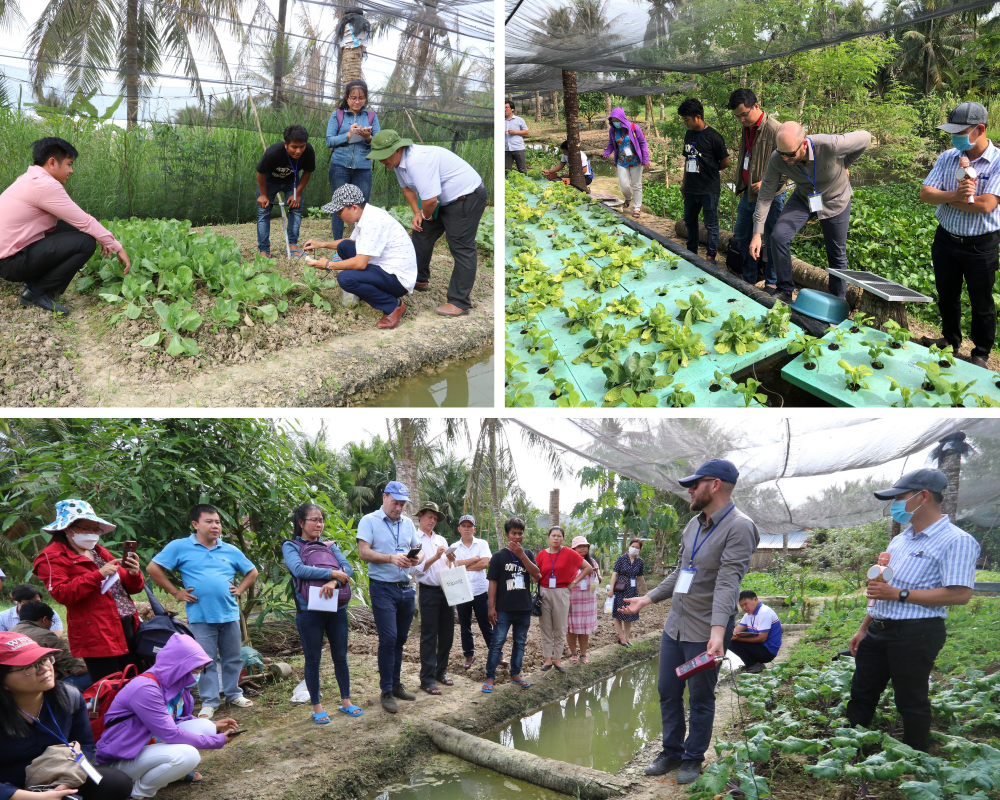
Cross-sectoral collaboration
NWP has long worked on the interlinkages between water and other relevant themes, as it does not see water as a stand-alone commodity. The water-food-agriculture nexus in particular provides interesting opportunities for the broad NWP network to work together and create fit-for-purpose and sustainable solutions. The cross-sectoral collaboration between Dutch and Vietnamese partners showcased the strength of an international network, the effectiveness of partnering international financial institutes, the value of demand-driven knowledge, and the added value of Dutch expertise.
The training courses gave local farmers an understanding of the impact of salinisation and how to handle it. We also looked at methods to conserve fresh water in a saline environment, especially in the Mekong Delta. The participants’ strong drive to apply knowledge in practice and to share experiences with other farmers is really inspiring to see. With thanks to the experts and trainees –they created a great experience in Vietnam.
Peter Prins
NWP lead consultant for the Saline Agriculture training courses
Joining forces
The trainees, representing an excellent mix of private sector, local departments of the Vietnamese Ministry of Agriculture (DARD), and farmers' organisations, were very eager to learn more about putting saline agriculture knowledge, which was based on participatory research, into practice. NWP worked with local knowledge and research institutes, and local partnerships. These included: Can Tho University, Nông Lâm University, the Southern Institute of Water Resources Research Vietnam, the Digital Agriculture Association, and the Vietnam Farmers' Union. The Vietnam Farmers' Union is a network of 11 million farmers. On the Dutch side, NWP was joined by The Salt Doctors, SkillEd, Eurofins, Fresh Studio, and NWP members Royal Eijkelkamp Soil & Water, Wageningen University & Research, and Witteveen+Bos.
Feedback from the participants after three training sessions of the Master Program included (i) training was well-organised by international and local experts; (ii) active and equal participation between experts and participants; and (iii) good logistics arrangements. Overall, the participants look forward to more trainings like this.
Truong Thi Minh Hue
Project Analist - Asian Development Bank
Follow-up
The Saline Agriculture training courses were supported by the Asian Development Bank through the Netherlands Trust Fund Water Financing Partnership Facility. The Facility finances activities designed to give significantly more people in the Asia and Pacific region access to safe drinking water and improved sanitation; bring about higher productivity; help improve the efficiency of irrigation and drainage services; reduce the number of people at risk of floods; and, encourage more river basins to implement integrated water resources management. The training course was a pilot. NWP, Wageningen UR and The Salt Doctors will design a Feasibility Study for a future training programme on Saline Agriculture for the Asian Development Bank (ADB). Continuing to focus on the practicalities of transitions will definitely be one of the recommendations.
Get NWP support
NWP has both organisational skills and a broad network of expertise. Combined they are a strong recipe for cross-sectoral collaboration and knowledge exchange. NWP not only works in Asia, but also in other regions like Latin America, Europe and the MENA region. If you are looking for ways to empower local organisations and build on collective knowledge by drawing on Dutch expertise, please contact NWP.
Featured NWP members: Wageningen University, Alterra, Witteveen + Bos , Royal Eijkelkamp
